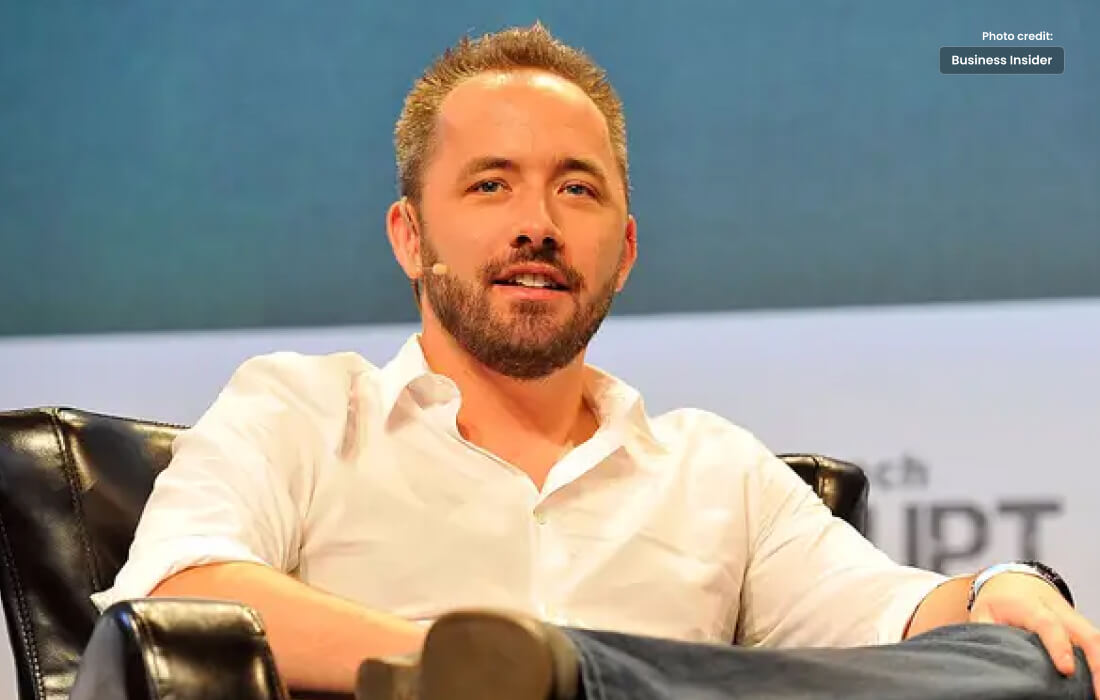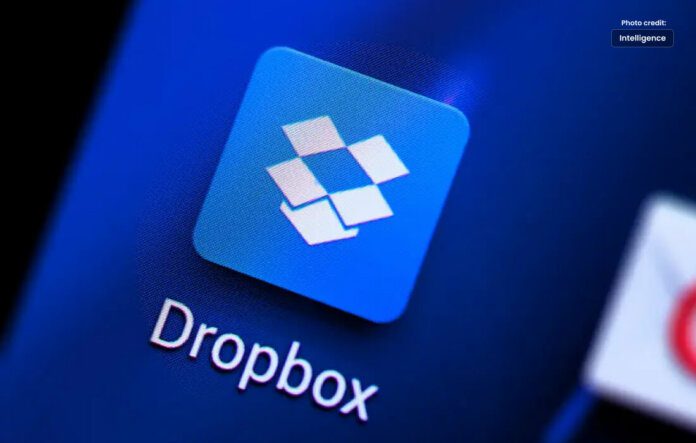Dropbox offers file hosting, cloud storage, synchronization, cloud.
Drew Houston and Arash Ferdowsi, two MIT students, launched the startup business Dropbox in 2007 with funding from Y Combinator.
Due to problems including security lapses and privacy concerns, Dropbox has drawn criticism and controversy. China has barred access to Dropbox since 2014.
History
Drew Houston, the creator of Dropbox, had the idea for the service after frequently missing his USB flash drive while attending MIT.
As the organization behind Dropbox, Houston formed Evenflow, Inc. in May 2007. Shortly after, he received startup money from Y Combinator. At the annual technology conference TechCrunch Disrupt in 2008, was formally unveiled.
Prior to purchasing its current domain, “dropbox.com” in October 2009, official domain name was “getdropbox.com” due to trademark conflicts between Proxy, Inc. and Evenflow. Evenflow, Inc. changed its name to Dropbox, Inc. in October 2009.

Houston said that Arash Ferdowsi was one of the viewers of a demo video that was made available during the early days of Dropbox in an interview with TechCrunch’s “Founder Stories” in October 2011.
Ferdowsi was “so impressed” by them that they decided to work together. Houston said of the competition, “It is easy for me to explain the idea, but it is actually really hard to do it.”
Acquisitions
Dropbox purchased Tap Engage, a business that “allows advertisers and publishers to collaborate on tablet-optimized advertising,” in July 2012. Dropbox acquired two companies the following December.
Audio galaxy, a startup that “allows users to store their music files and playlists in the cloud then stream them to any device,” and Snapjoy, a company that allowed users to “aggregate, archive, and view all of their digital photos from their cameras, phones, and popular apps like Flickr, Instagram, and Picasa, and then view them online or via an iOS app.” In July 2013, Dropbox purchased Endorse, a “mobile coupon startup.”
Dropbox purchased Bubbli in May 2014, a business that has “built some innovative ways of incorporating 3D technology into 2D views, and packaging it in a mobile app.”
Dropbox purchased CloudOn, a provider of mobile document creation and editing software, in January 2015.
At the same time, informed TechCrunch that its Israeli office would open in Herzliya at CloudOn facility. Bought Clementine, a business communication service, in July.
Dropbox purchased the photo-sharing business Loom in April 2014 (which would later close and be integrated with the just-announced Carousel) and the document-sharing start-up Hackpad.
Later, Dropbox revealed in April 2017 that Hackpad would be discontinued on July 19 and all notes would be transferred to Paper.
Dropbox purchased the electronic signature business HelloSign in January 2019. At an estimated $230 million, the transaction was said to be largest to date.
Workforce reduction 2021
CEO Houston said in January 2021 that 315 workers, or around 11% of the present staff, would be laid off. The corporation claimed that in order to concentrate the company team structure and attention on top-level priorities, the reductions were required.
The software company also disclosed that COO Olivia Nottebohm would depart on February 5, 2021. In the same month, Dropbox declared it would move to remote work by subleasing a large portion of its office space.
Workforce reduction 2023
CEO Houston said in April 2023 that 500 employees, or 16% of the present employment, would be laid off.
The company noted a slowdown in growth and a requirement for unique skill sets with an AI focus.
Remote workforce
Dropbox was one of the first organizations to transition to a remote workforce at the onset of the Covid-19 epidemic in 2020.
The business announced its “virtual first” program in October 2020, which would transition it to a long-term remote working strategy and officially commence in April 2021.
User growth
After its launch, saw consistent user growth. It hit the one million mark for registered users in April 2009, then reached two and three million in September and November.
The number of users surpassed 50 million in October 2011, 100 million in November 2012, 500 million in 2016, and 700 million in 2021.
Concept
By making a unique folder on the user’s computer, organizes files into a single location. These folders contents are synced with Dropbox servers and any other computers or devices on which the user has installed Dropbox, keeping the same files current on all of the user’s devices.
According to freemium business model, customers can sign up for a free account with a certain amount of storage, with paid subscriptions offering more space and more services. Two gigabytes of storage are offered without charge to Basic users.
In addition to mobile apps for iOS, Android, and Windows Phone devices, Dropbox provides desktop applications for computers running Microsoft Windows, Apple macOS, and Linux.
The business bought the well-known email software Mailbox in March 2013, and in April 2014 it released Carousel, a photo and video gallery app.
Key elements from both Mailbox and Carousel were included into the standard service before both apps were discontinued in December 2015. It formally introduced Dropbox Paper, a collaborative document editor, in October 2015.
Platforms
Dropbox has desktop applications for Microsoft Windows, Apple macOS, and Linux PCs, as well as mobile applications for iOS, Android, and Windows Phone smartphones and tablets.
It also includes a web interface. Dropbox unveiled a universal Windows 10 app in January 2016 as part of its relationship with Microsoft.
Apps provide an automatic photo uploading feature that allows users to upload photos or videos from cameras, tablets, SD cards, or smartphones to a dedicated “Camera Uploads” folder in their Dropbox.
Users are given 500 megabytes of extra space for uploading their first photo, and up to 3 gigabytes if they continue to use the method for additional photos.
Dropbox implemented “streaming sync” for its computer apps in July 2014. Streaming sync is a new “supercharged” synchronization speed for large files that reduces upload and download times by up to two times.
Dropbox announced the availability of “Universal 2nd Factor” USB security keys in August 2015, enabling two-factor authentication for logging into its services.




